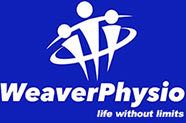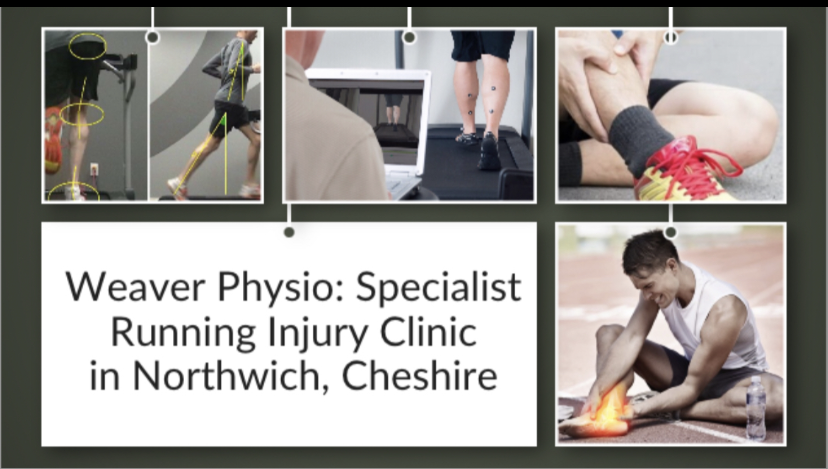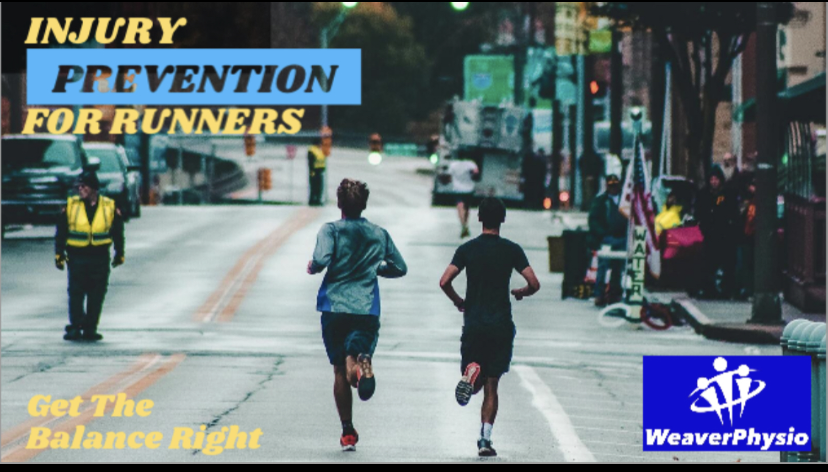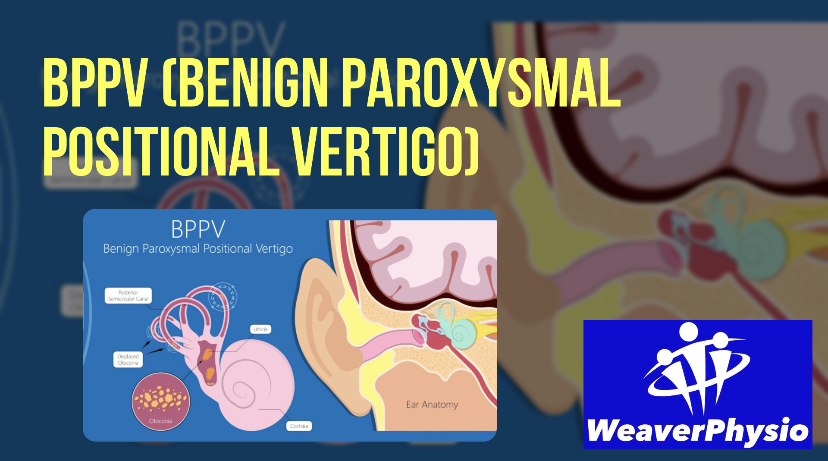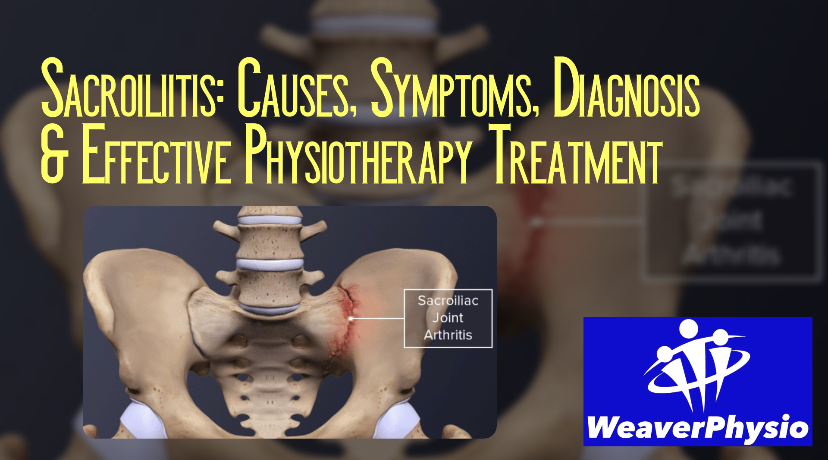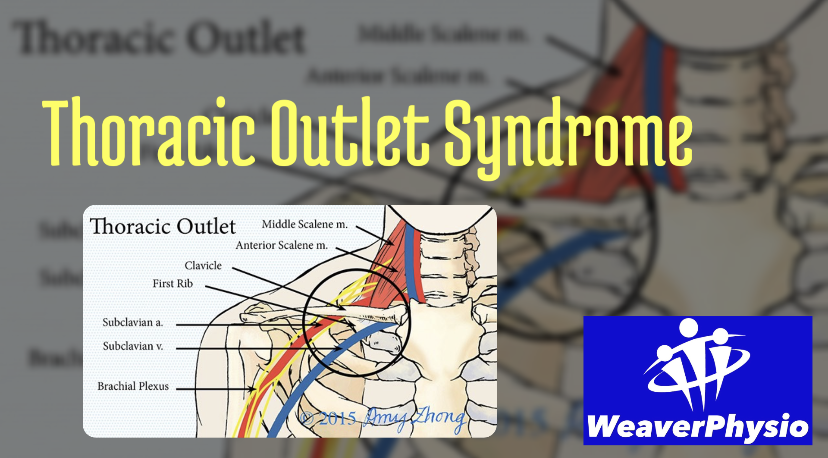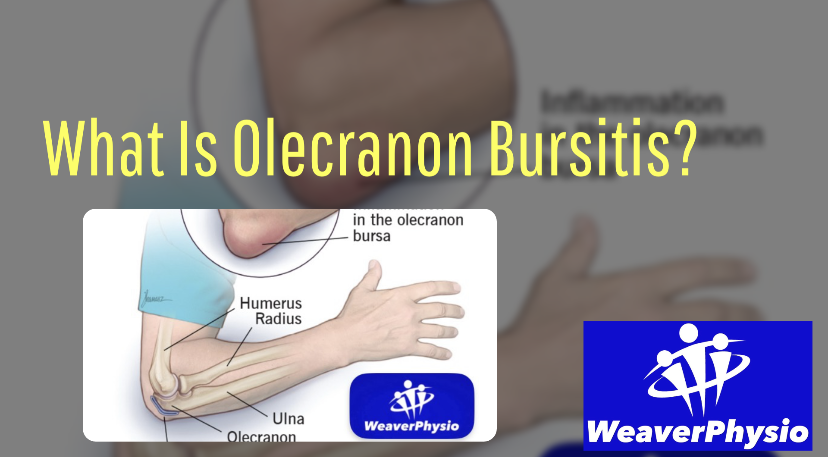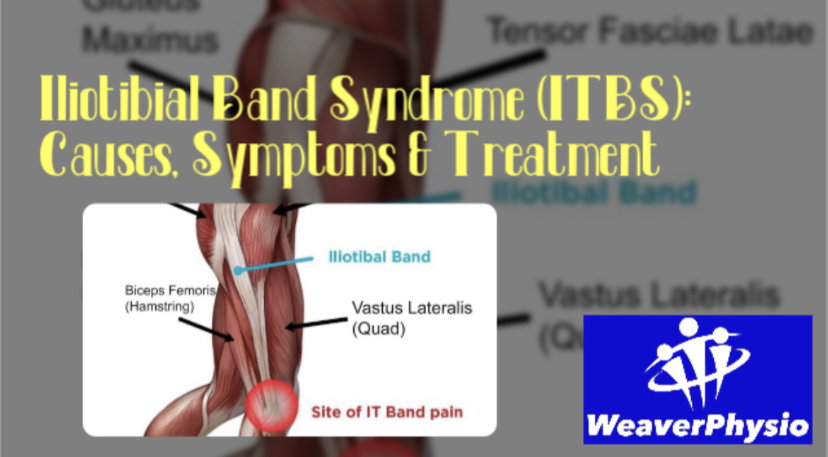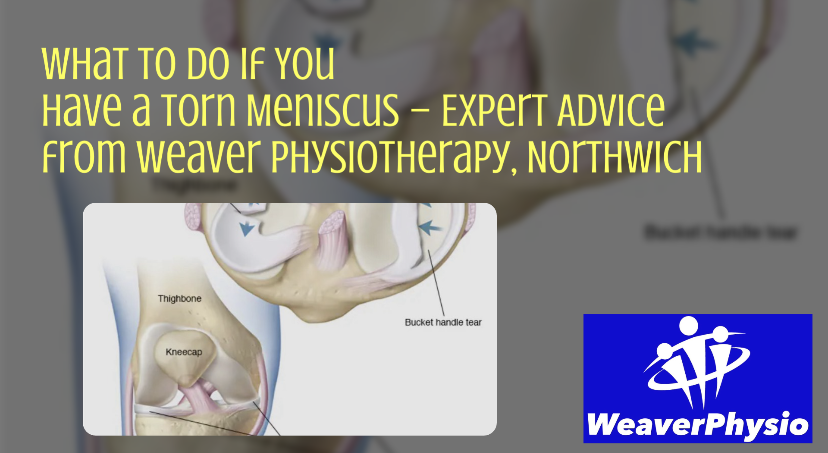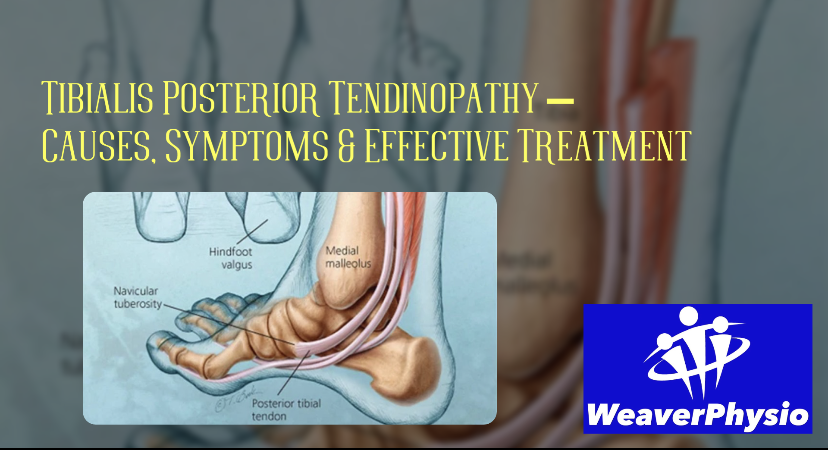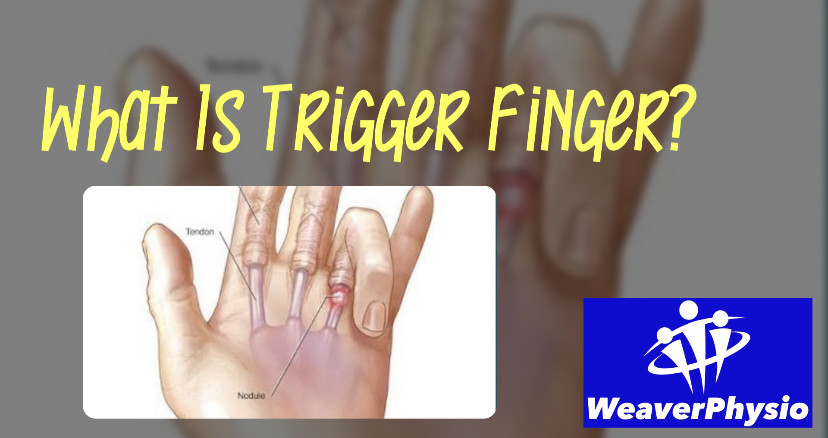Understanding Frozen Shoulder
Causes, Symptoms, and Treatment at Weaver Physio
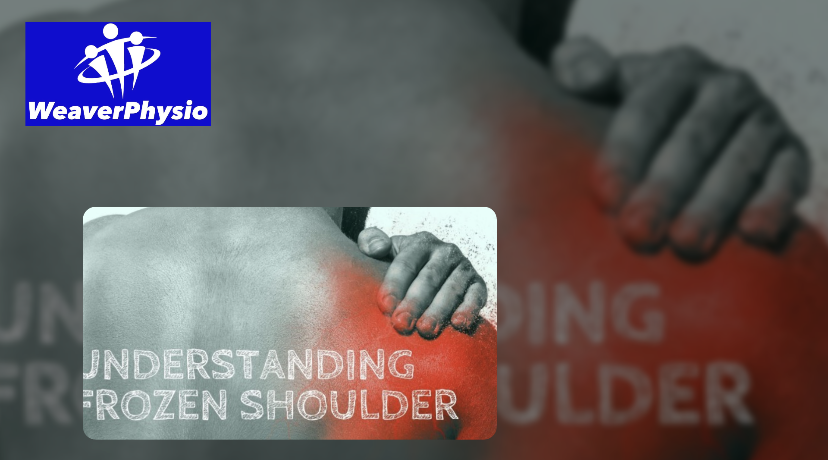
Frozen shoulder, medically known as adhesive capsulitis, is a painful and often frustrating condition that can severely limit your ability to move your shoulder. It most commonly affects adults between the ages of 40 and 60, and can come on gradually, worsening over time before eventually improving.
At Weaver Physiotherapy & Sports Injury Clinic in Northwich, Cheshire, we specialise in the expert assessment and treatment of frozen shoulder. Whether your symptoms came on slowly or after an injury or surgery, our skilled physiotherapists can help restore your shoulder mobility and reduce your pain—without relying on medication or surgery.
What Is Frozen Shoulder?
Frozen shoulder occurs when the connective tissue surrounding the shoulder joint (the joint capsule) becomes thickened, inflamed, and tight. This leads to stiffness, pain, and eventually, a significant reduction in shoulder movement.
The condition typically progresses through three key stages:
1. Freezing Stage
• Symptoms: Gradual onset of shoulder pain, especially at night and when reaching overhead.
• Duration: 6 weeks to 9 months.
• Mobility: Begins to decrease as pain increases.
2. Frozen Stage
• Symptoms: Pain may reduce, but shoulder becomes stiffer and more difficult to move.
• Duration: 4 to 12 months.
• Mobility: Severely restricted, especially with external rotation.
3. Thawing Stage
• Symptoms: Gradual return of motion.
• Duration: 6 to 24 months.
• Mobility: Slowly improves, often with the help of physiotherapy.
What Causes Frozen Shoulder?
While the exact cause isn’t always clear, frozen shoulder often develops:
• After a shoulder injury or surgery, when mobility is reduced
• Following prolonged immobility, such as from a fractured arm or post-stroke recovery
• In individuals with diabetes, thyroid disease, or autoimmune conditions
• More commonly in women aged 40–60
It is not caused by arthritis or a direct injury to the shoulder joint itself, but by inflammation and tightening of the joint capsule.
Symptoms of Frozen Shoulder
• Persistent shoulder pain, especially at night
• Stiffness and difficulty with overhead movement
• Difficulty reaching behind your back (e.g., doing up a bra or putting on a coat)
• Reduced range of motion in all directions
• Gradual worsening of movement before eventual improvement
It’s important to seek early assessment, as many people mistake frozen shoulder for a rotator cuff injury or arthritis. At Weaver Physio, we offer accurate diagnosis and personalised treatment to ensure you get the right care from the start.
How Is Frozen Shoulder Diagnosed?
At Weaver Physiotherapy in Northwich, we start with a detailed consultation and physical assessment to evaluate:
• Your range of motion (active and passive)
• Pain levels
• History of injury or contributing health conditions
We may also recommend liaising with your GP for imaging (e.g. X-ray or MRI) to rule out other issues like arthritis, rotator cuff tears, or joint degeneration.
Treatment for Frozen Shoulder at Weaver Physio
Frozen shoulder often resolves on its own, but waiting it out can take years, and stiffness may linger. That’s why early and targeted physiotherapy is essential to:
• Speed up recovery
• Reduce pain
• Restore movement
Our evidence-based approach at Weaver Physio includes:
🔹 Manual Therapy
Skilled hands-on techniques to gently mobilise the shoulder joint and surrounding muscles, helping to reduce tension and improve movement.
🔹 Exercise Prescription
You’ll receive a customised rehabilitation plan to safely stretch, strengthen, and gradually restore your shoulder’s full range of motion.
Common exercises include:
• Pendulum swings
• Passive external rotation
• Shoulder stretches using a towel or stick
🔹 Soft Tissue Release
Frozen shoulder often causes muscle guarding and tightness in the upper back, neck, and shoulder blade area. Soft tissue release helps alleviate these secondary restrictions.
🔹 Shockwave Therapy (if appropriate)
For stubborn cases with chronic pain and tightness, shockwave therapy can be used to stimulate healing, improve circulation, and reduce pain.
🔹 Pain Management Strategies
We educate you on pacing, activity modification, and sleep positioning, so you can stay active without aggravating symptoms.
Can Frozen Shoulder Be Prevented?
If you’ve had frozen shoulder before or are recovering from a shoulder injury or surgery, early physiotherapy intervention is key to preventing recurrence. At Weaver Physio, we help you maintain healthy shoulder mobility through:
• Early movement and rehabilitation
• Education on safe return to activity
• Postural and ergonomic advice
Why Choose Weaver Physio for Frozen Shoulder Treatment?
✅ Expert assessment and diagnosis
✅ Tailored treatment plans focused on your stage of recovery
✅ Hands-on therapy to accelerate mobility and reduce pain
✅ Local, trusted physiotherapists in Northwich, Cheshire
✅ Same-week appointments available
We take the time to understand your specific condition and goals, helping you recover faster and return to the activities you enjoy—whether that’s reaching a high shelf or getting back to your golf swing.
Real Results. Real Recovery.
Many patients tell us they “just thought it would go away”—only to find themselves with months of pain, sleep disturbance, and growing frustration.
Don’t wait. Early physiotherapy for frozen shoulder can dramatically reduce your recovery time and prevent long-term stiffness.
If you’re struggling with shoulder pain or loss of movement, contact Weaver Physiotherapy & Sports Injury Clinic today. We’re here to help you move better, feel stronger, and get back to living pain-free.
📞 Call now to book your assessment: 01606 227484
🌐 Visit us online: http://www.weaverphysio.com
#FrozenShoulder #WeaverPhysio #ShoulderPainRelief #PhysioNorthwich #CheshirePhysio #SportsInjuryClinic #FrozenShoulderTreatment #ShoulderMobility #PainFreePerformance #ManualTherapyNorthwich #ShockwaveTherapyCheshire #NorthwichPhysio #InjuryRecoveryCheshire
